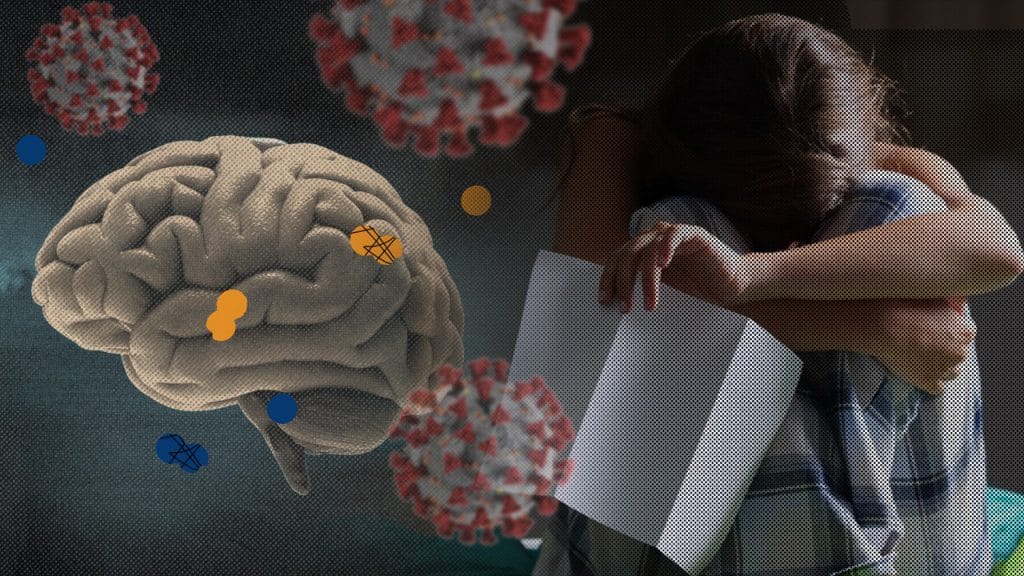
Researchers found that the children who had lived through the first year of the pandemic had brain ages that were older than their chronological age.
For teenagers, a year of quarantine and remote school forced an unprecedented experiment in learning and coping. After more than a year of lockdowns and losses, studies show that the pandemic is taking a massive toll on people’s mental health. Especially young people are disproportionally affected and are more prone to depression, anxiety and substance abuse.
A new study at Stanford University finds not only the Covid-19 lockdown caused an increase of depression, anxiety, and sadness among teenagers, but it also caused physical changes in their brain researchers said the Covid-19 lockdown caused increased in emotional distress for teens, and physically changed their brains.
The researchers compared the MRI scans of 128 children. Half the scans were taken before the pandemic and the other half at the end of 2020.
Ian Gotlib, Stanford psychology professor conducted brain scans on 15 to 18 year-olds. He says the most likely cause for the aging brain is pandemic stress during adolescence.
The professor found that youth assessed after the pandemic shutdowns had more severe internalized mental health problems, reduced cortical thickness, larger hippocampal and amygdala volume, and more advanced brain age.
“you’re supposed to be physically with your peers in school, in classes and socializing. Gotlib says the increase in aging was found in 3 main areas of the brain. “we have larger volume in the hippocampus, which is responsible for memory and learning we have a larger volume in the amygdala which is responsible for emotion. And we have the
Cortex which is executive function on decision-making, judgement.
That raises significant questions in terms of long-term impacts, but at this point, researchers don’t know whether the brain’s aging is temporary or permanent, but will reassess study participants when they turn 20.
Recommended: Polluted air kills nearly 9 million people a year worldwide
Thus, not only does the Covid-19 pandemic appear to have led to poorer mental health and accelerate brain aging in adolescents, but also poses significant challenges to researchers analyzing data from longitudinal studies of normative development that were interrupted by the pandemic
The team also plans to look at the 10 children in the study who had Covid-19 to see whether there is a different effect. The physical differences seem to be “a little more pronounced” in the children who had Covid, Gotlib said.





